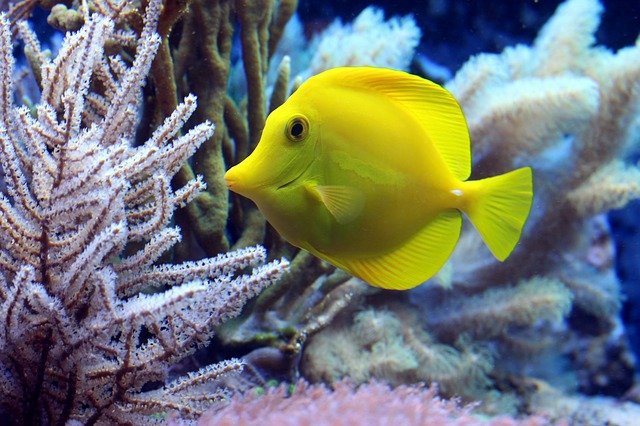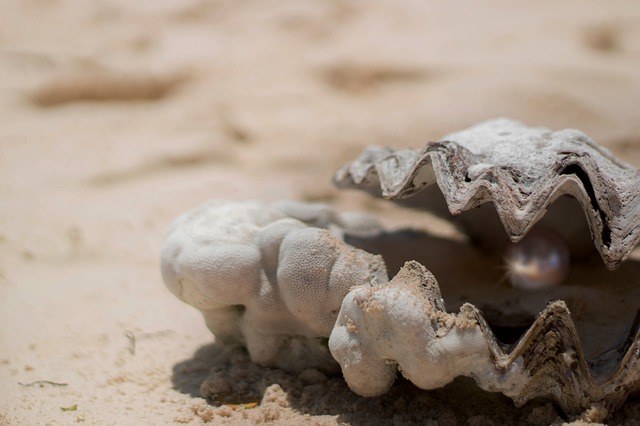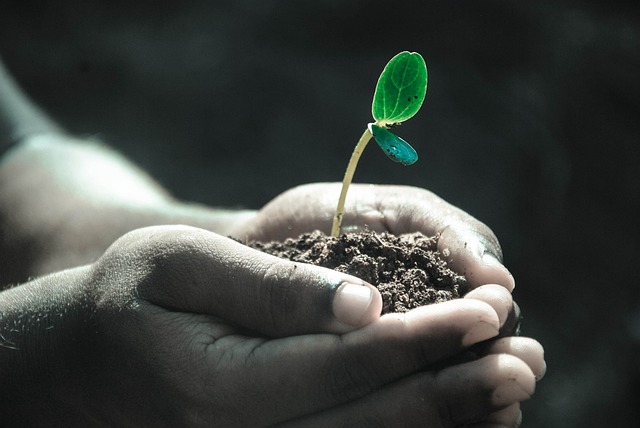INTRODUCTION
Like other ecosystems of the Earth, the marine ecosystem has its extreme importance. Coral reefs ecosystem is part of the marine ecosystem. Human activities such as increasing population, overfishing, marine pollution, deep-sea mining, etc are destroying coral reefs. Climate change, global warming, and ocean acidification due to anthropogenic activities are also killing coral reefs. Check out: Coral Reef Destruction – Causes, Effects, and Solutions
WHAT IS CORAL GARDENING?
Coral gardening is also known as coral farming or coral aquaculture.
It is defined as a process that involves the growth of coral polyps so as to restore the dying reefs around the world.
WHAT ARE CORAL GARDENERS?
Coral gardeners are enthusiastic workers who want to save the coral reef ecosystem. There are organizations specifically dedicated to restoring coral reefs and often widely known as coral gardeners.
Coral gardeners are usually involved in growing and planting super corals in order to save coral reefs from destruction. They basically want ocean life back to its routine.
METHOD OF CORAL GARDENING
Coral reefs are protected by biological, physical, or structural restoration. The method of coral gardening is based on few steps.
- Finding broken fragments of corals (polys) in seawater
- Letting them grow in an asexual manner either in underwater tanks
- When they mature then these polyps are shifted to sea nurseries
- And finally when the process is completed the fully matured polyps are retransplanted onto the reefs.
TECHNIQUES OF CORAL GARDENING
There are two main techniques of coral gardening.
a) In-situ – Seawater Nurseries: In this technique, asexual coral propagation is carried out in seawater nurseries and this is the most commonly used method. These seawater nurseries are sources of corals colonies that can easily survive and restore at the site.
b) Ex-situ – Land-Based Nurseries: In this technique, sexual coral propagation is carried out through coral larvae. These nurseries are coral aquariums populated with wild corals.
IMPORTANCE OF CORAL REEFS AND CORAL GARDENING
Coral reefs have their own significance. As human activities are the reason why coral reefs are dying around the world, it is crucial to take steps so that this important system could be saved. They provide habitat to marine organisms. Coral reefs are inhabited by the unique diversity of the fish population. Many people have their livelihood dependent on fish species that inhabit coral reefs.
Coral gardening is an initiative in marine protected areas to restore coral reefs. The loss of coral reefs would create an ecological disaster. Read: UAE-Israel Oil Pipeline Deal Can Destroy Red Sea Coral Reefs
CAN CORAL GARDENING HELP SAVE CORAL REEFS?
Coral gardening can definitely help in saving coral reefs. Super corals are among those species that do not bleach out while others turn white in the process of coral bleaching. The coral reef ecosystem is subjected to degradation due to human activities. In such a scenario, coral gardeners are acting vigilantly to restore coral reefs. Many coral gardeners are doing great efforts in finding those species and replanting them in the ocean under the above-mentioned techniques. You may like to read: Heatwaves Are Killing Off Sea Life In Billions – Destroying The Ecosystem.
CONCLUSION
We are in no time to save the planet Earth. We must have to act rationally and opt for techniques that could play a positive role in restoring the ecosystem of the Earth. Coral gardeners are playing a crucial role in saving dying coral reefs. Little and step by step efforts would not go in vain. But we all have to act in harmony to save our Earth. The coral reef ecosystem is an integral part of the marine ecosystem and it must be saved.
Also check out: Coral Reef Ecosystem of Pakistan- Climatic Biome
I hope you all liked this post! Please comment below if you have any suggestions, comments, or feedback! We at #envpk love hearing from our readers! Thanks!




